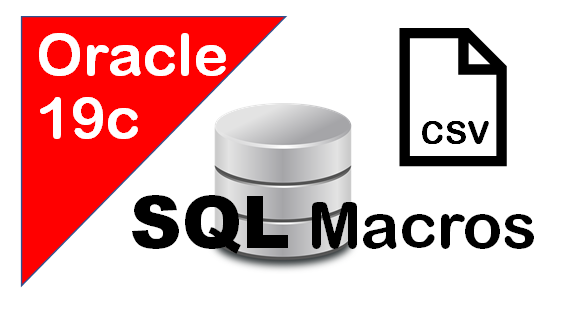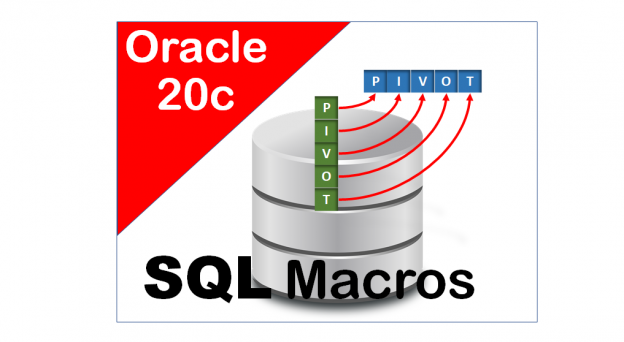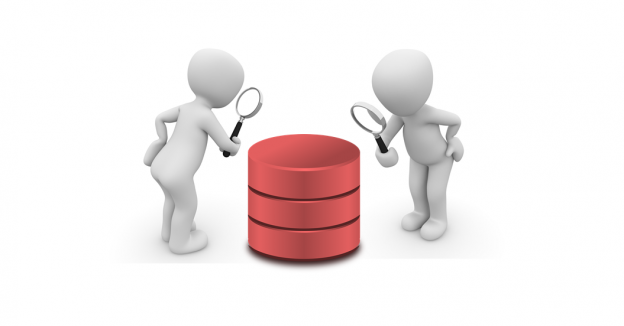A few weeks ago Jonathan Lewis has published a note about Tom Kyte’s print_table – a small PL/SQL procedure to output each row in a table as a list of (column_name , value). And since this note has gained some comments with other implementations, here is my contribution. Guess how? Of course with a SQL macro.
Continue reading









